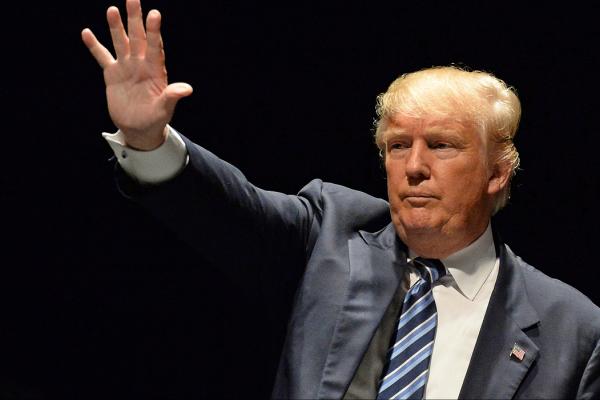Jun 21, 2016
While evangelicals have traditionally been an important part of the Republican base, Trump’s candidacy has exposed some fissures. The combination of questionable investments, vulgar and hateful rhetoric, widely-publicized affairs, and Biblical illiteracy has caused some evangelical leaders to denounce Trump, even as others have voiced their support.
Read the Full Article

Already a subscriber? Login
